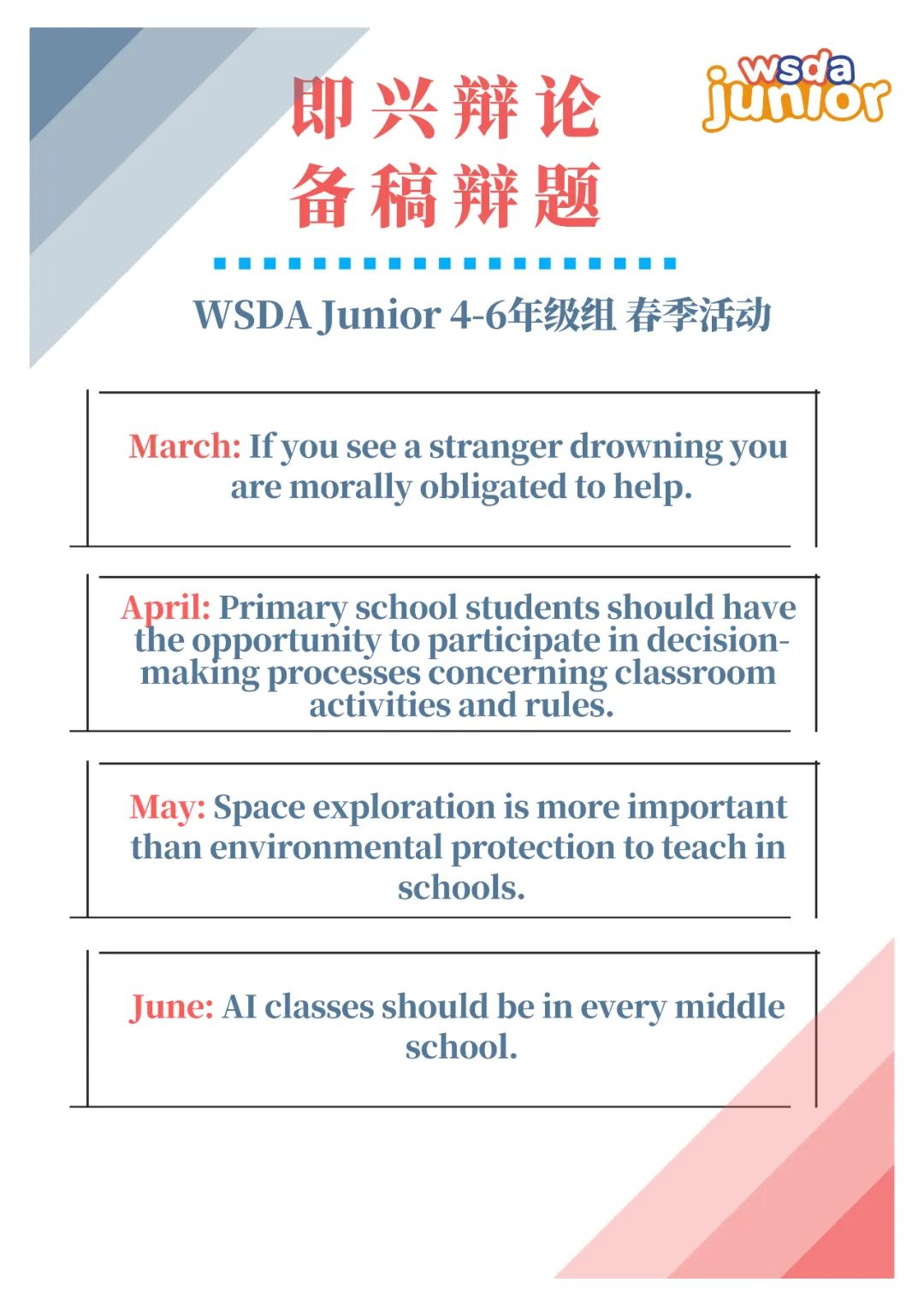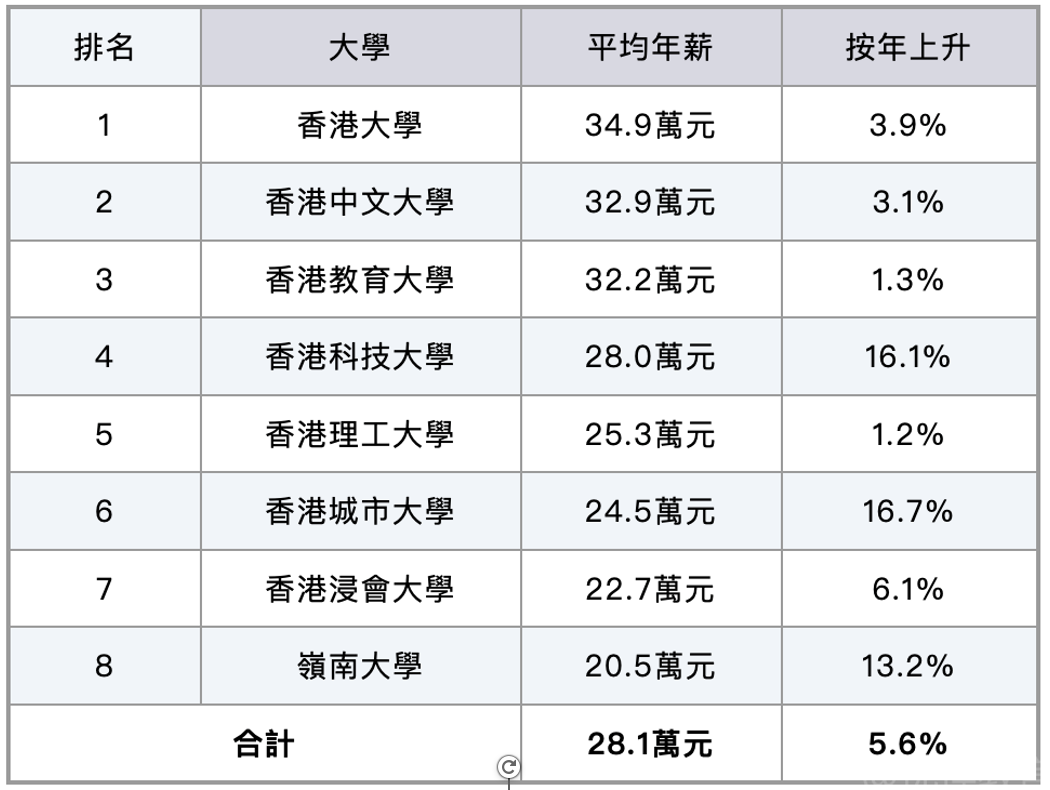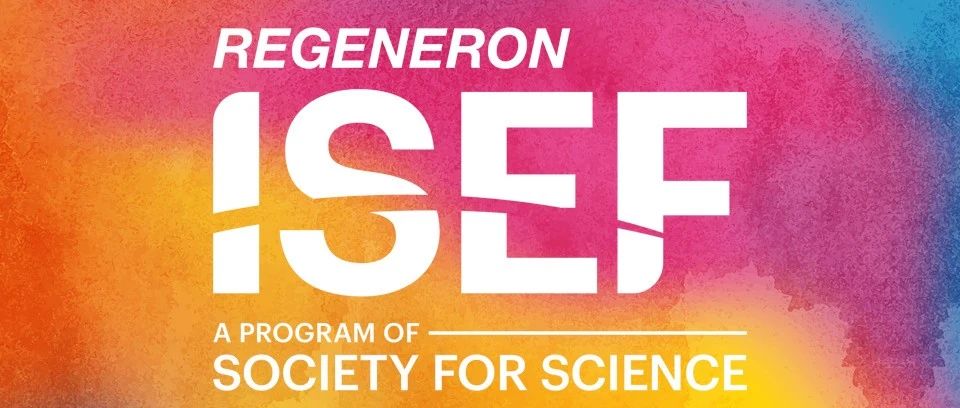在本周,越来越多Junior的辩手们也按捺不住对新赛季的期待和兴奋了,纷纷期待着新赛季的辩题。
作为有求必应的老师,4-6年级组即兴辩论第一轮备稿辩题,TA们来了!
WSDA春季赛的备稿辩题将广泛涵盖日常生活、教育学习、人工智能、宇宙探索和环境保护等多个方面。我们希望通过这些辩题激发小学生的思维,帮助他们培养批判性思维、表达能力。
通过涉及多样化的话题,我们旨在引发小学生对各个领域的浓厚兴趣。这种兴趣不仅能够促使他们积极参与,还能够培养他们在不同领域进行深入思考的能力。
我们相信,思辨能力的培养是培养未来领袖的重要基石,因此我们鼓励学生们从不同角度思考问题,挑战既有观点,从而更好地理解这些辩题,并通过比赛来锻炼和表达。
备稿辩题
4-6年级组即兴辩论 第一轮备稿辩题
三月备稿辩题:
If you see a stranger drowning you are morally obligated to help.如果你看到一个陌生人溺水,从道德的角度出发,你有义务去帮助他。;
四月备稿辩题:
Primary school students should have the opportunity to participate in decision-making processes concerning classroom activities and rules.小学生应有机会参与到有关课堂活动和规则的决策过程当中;
五月备稿辩题:
Space exploration is more important than environmental protection to teach in schools.比起教授环境保护,在学校中教授太空探索更为重要。
六月备稿辩题:
AI classes should be in every middle school.每所中学都应当开设人工智能课程;

下面是对辩题的简要分析
和大家可以参考的论点。⬇️
MarchIf you see a stranger drowning you are morally obligated to help.
这个主题的核心问题在于个人道德责任、个人安全以及社会期望之间的平衡。
在本质上,这个核心问题涉及到在遇到某人处于极度需要帮助的情况下如何进行伦理决策,但提供帮助可能会面临风险或不确定性,同时还需要考虑作为青少年的能力和责任相关的一些额外因素。它引发了关于对陌生人的道德责任的本质、为履行这些责任而需要的个人牺牲的程度,以及在目睹他人遇险时不采取行动的后果的问题。
Pro Arguments 正方论点
Ethical Development: Encourages teenagers to develop a strong sense of empathy, compassion, and responsibility towards others.
Building Character: Fosters qualities such as courage, altruism, and civic duty, which are essential for personal growth and societal well-being.
Community Engagement: Promotes a culture of mutual support and social responsibility within communities, contributing to a more cohesive and compassionate society.
Legal and Moral Education: Helps teenagers understand the importance of obeying laws and fulfilling moral obligations, fostering respect for legal and ethical principles.
Prevention of Harm: Intervening to help someone in distress can prevent serious injury or loss of life, potentially saving a life.
Con Arguments 反方论点
Safety Concerns: Teenagers may lack the necessary skills or physical strength to provide effective assistance in water rescue situations, putting themselves at risk.
Psychological Impact: Witnessing or being involved in a traumatic event like a drowning can have lasting psychological effects on teenagers, including anxiety, guilt, or post-traumatic stress disorder (PTSD).
Legal Implications: Depending on local laws, teenagers may face legal consequences if their attempts to help result in unintended harm or if they fail to meet legal standards of care.
Moral Dilemmas: Teenagers may face conflicting moral obligations, such as prioritizing their own safety versus helping someone in need, leading to ethical dilemmas and internal conflict.
Cultural and Social Factors: Cultural norms and social pressures may influence teenagers' perceptions of moral obligations and their willingness to intervene in emergencies involving strangers.
Lack of Preparedness: Teenagers may not have received adequate training or education on how to respond to emergency situations, limiting their ability to provide effective assistance.
Boundary Setting: Encouraging teenagers to help strangers in distress without considering personal boundaries or assessing risks may inadvertently put them in dangerous situations.
AprilPrimary school students should have the opportunity to participate in decision-making processes concerning classroom activities and rules.
这个主题主要关注点在于如何平衡学生的赋权和维持有效的课堂管理以及学术成果之间的关系。
Pro Arguments 正方论点
Empowerment: Involving students in decision-making empowers them and helps develop their sense of agency and responsibility.
Ownership: When students have a say in classroom activities and rules, they are more likely to take ownership of their learning environment, leading to increased engagement and motivation.
Enhanced Learning: Participation in decision-making processes fosters critical thinking, problem-solving, and communication skills, which are essential for academic success.
Respect and Trust: Valuing students' input demonstrates respect for their opinions and builds trust between teachers and students, fostering positive relationships in the classroom.
Social and Emotional Development: Collaborative decision-making promotes social skills, empathy, and conflict resolution abilities, contributing to overall social and emotional development.
Con Arguments 反方论点
Time Constraints: Involving students in decision-making may require additional time and effort from teachers, potentially detracting from instructional time.
Lack of Experience: Primary school students may not have the maturity or experience to make informed decisions about complex classroom matters, leading to impractical or ineffective outcomes.
Disruption: Decision-making processes involving young students may result in disagreements or conflicts that disrupt classroom harmony and productivity.
Teacher Authority: Allowing students to participate in decision-making could undermine teacher authority and lead to challenges in maintaining classroom discipline and order.
Inequality and Bias: Certain students may have more influence or confidence in participating in decision-making processes, leading to inequalities or biases in the outcomes.
Limited Scope: Not all decisions may be suitable for student involvement, particularly those related to safety, curriculum requirements, or legal obligations.
Accountability: Involving students in decision-making processes may blur lines of accountability, making it challenging to assign responsibility for outcomes or address issues that arise.
MaySpace exploration is more important than environmental protection to teach in schools.
这个话题的核心问题是关于在学校课程中应该更优先考虑太空探索还是环境保护的辩论。它涉及到评估每个学科领域的教育价值、相关性和社会重要性,以塑造学生对科学、技术以及应对全球挑战的理解。
Pro Arguments 正方论点
Inspiration and Innovation: Space exploration can inspire students to pursue careers in science, technology, engineering, and mathematics (STEM), leading to technological advancements and innovation that benefit society as a whole.
Global Perspective: Learning about space exploration fosters an understanding of Earth's place in the universe and encourages global cooperation and collaboration in scientific endeavors.
Critical Thinking Skills: Studying space exploration encourages critical thinking, problem-solving, and creativity, as students analyze complex scientific concepts and engineering challenges.
Future Opportunities: Teaching about space exploration may open up future career opportunities for students in fields such as aerospace engineering, astronomy, and astrophysics.
Technological Advancements: Space exploration drives technological advancements that can have applications beyond space, including in environmental monitoring and sustainability efforts.
Con Arguments 反方论点
Urgent Environmental Issues: Environmental protection is crucial for addressing urgent global challenges such as climate change, pollution, and habitat destruction, which directly impact human health and well-being.
Sustainability: Teaching about environmental protection instills values of sustainability and responsible stewardship of natural resources, which are essential for the long-term survival of humanity and the planet.
Relevance to Daily Life: Environmental issues directly affect students' daily lives, making them more immediately relevant and relatable compared to space exploration, which may seem distant and abstract.
Ethical Considerations: Prioritizing space exploration over environmental protection may raise ethical concerns about allocating resources away from addressing pressing environmental challenges that affect vulnerable populations.
Interconnectedness of Systems: Understanding environmental science and ecology requires recognizing the interconnectedness of Earth's systems and the delicate balance of ecosystems, which are fundamental concepts for informed decision-making and responsible citizenship.
Civic Engagement: Teaching about environmental protection empowers students to become informed and engaged citizens who advocate for sustainable policies and practices in their communities and beyond.
Equity and Justice: Environmental issues disproportionately affect marginalized communities and future generations, highlighting the importance of teaching about environmental protection as a matter of social justice and equity.
JuneAI classes should be in every middle school.
这个话题的核心问题是是否应该将人工智能(AI)教育融入到每所中学的课程中。这引发了关于AI素养的重要性、对学生未来职业和技术理解的潜在益处以及在中学教育中实施AI课程的可行性的问题。
Pro Arguments 正方论点
Preparation for the Future: Introducing AI education early prepares students for the increasingly AI-driven world, equipping them with essential skills for future careers and adaptability in a technology-driven society.
STEM Education Enhancement: AI classes can enhance STEM (Science, Technology, Engineering, and Mathematics) education by integrating interdisciplinary concepts and promoting problem-solving skills, critical thinking, and creativity.
Democratization of Knowledge: Providing AI education to all middle school students promotes equity and access to knowledge, ensuring that all students have the opportunity to understand and engage with emerging technologies.
Career Opportunities: AI literacy at a young age can open up diverse career opportunities for students in fields such as data science, machine learning, robotics, and computer programming, contributing to future workforce development.
Ethical and Social Awareness: AI classes can foster discussions about ethical considerations, bias, privacy concerns, and societal impacts of AI technology, promoting responsible use and informed decision-making among students.
Con Arguments 反方论点
Resource Constraints: Implementing AI classes in every middle school may require significant resources, including funding, specialized teachers, and technological infrastructure, which some schools may struggle to afford.
Curriculum Overload: Adding AI classes to an already packed curriculum may lead to overload and reduce the focus on other essential subjects, potentially sacrificing depth for breadth in students' education.
Teacher Training: Ensuring that teachers are adequately trained to teach AI classes effectively may pose a challenge, as AI is a rapidly evolving field with complex concepts that require specialized knowledge and expertise.
Age Appropriateness: Some argue that middle school students may not have the cognitive maturity to fully grasp complex AI concepts, leading to limited understanding and engagement with the material.
Equity Concerns: There may be disparities in access to AI education among schools, with schools in underserved communities potentially facing greater challenges in providing quality AI classes due to resource constraints.
Technological Dependence: Introducing AI education at a young age may reinforce technological dependence and screen time, potentially detracting from other forms of learning and social interaction.
Ethical Challenges: Teaching AI raises ethical questions about data privacy, algorithmic bias, job displacement, and societal implications that may require careful consideration and age-appropriate discussion.












